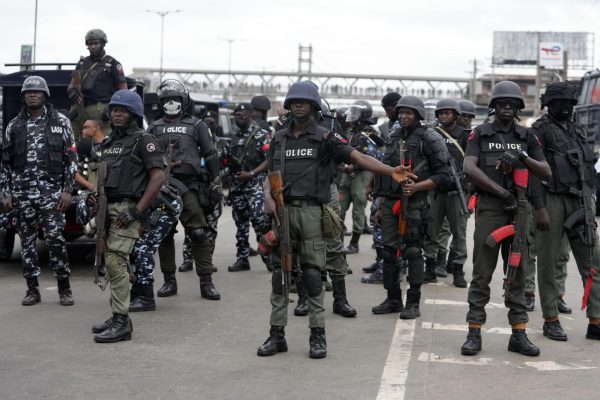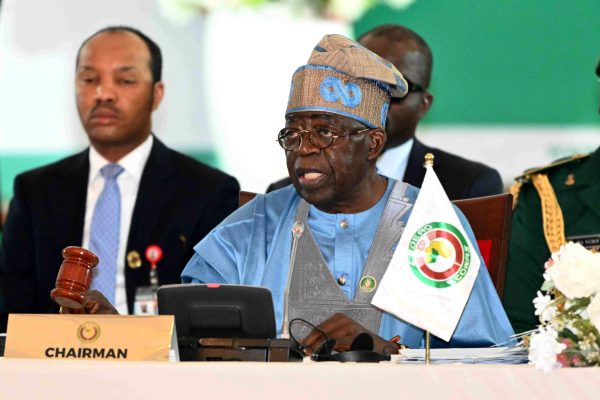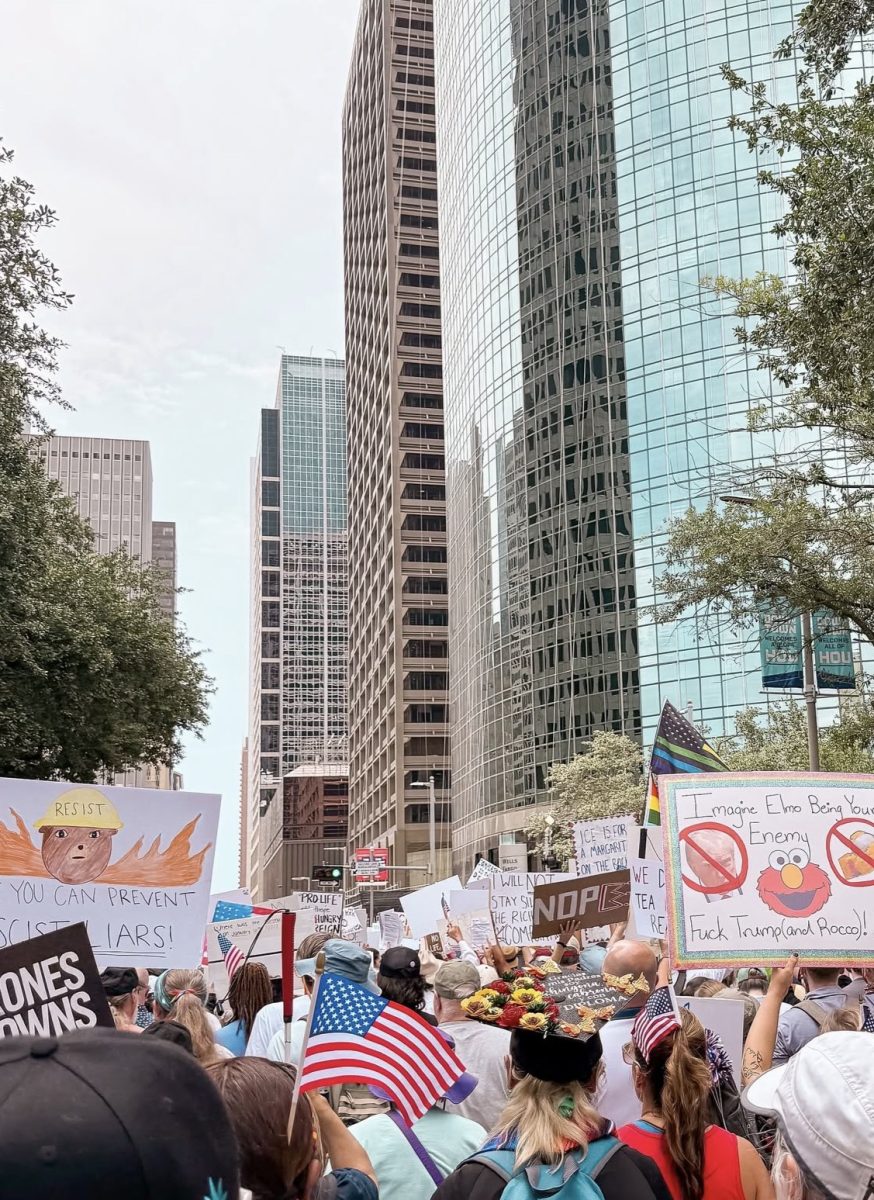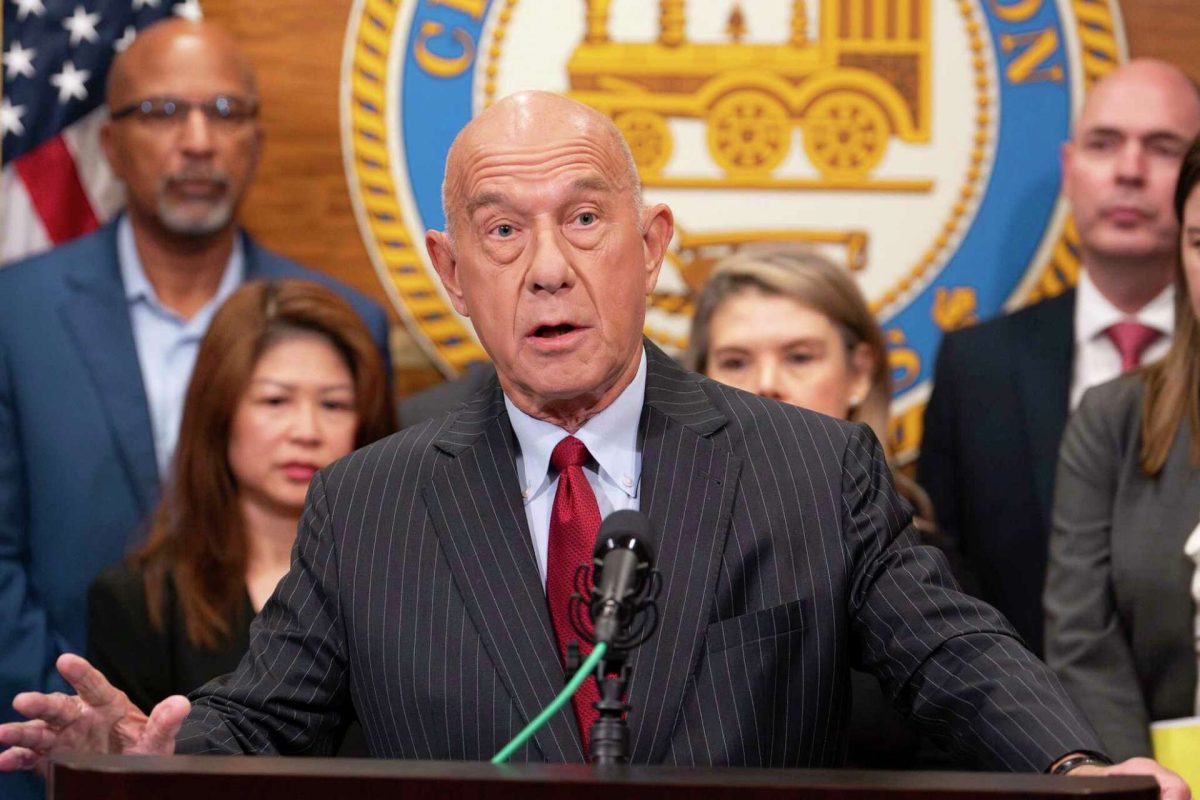The Economic Crisis in Nigeria
Speaking on the failing economy and growing protests
September 11, 2024
In Nigeria, the largest economy in Africa, A crisis has emerged in recent times that has led to widespread protests and strikes throughout the country The underlying cause of this turmoil can be traced back to a set of reforms and policy changes intended to improve the economy but have unfortunately resulted in challenges for millions of Nigerians.
The core issue lies in the elimination of fuel subsidies and the devaluation of Nigerian currency. The naira. Resulting in a surge, in the cost of living expenses.The Nigerian administration led by President Bola Tinubu decided to do with the age fuel subsidy and enforce tighter currency regulations to stimulate economic development and draw in foreign investments.However this action swiftly caused an significant hike in fuel prices along, with food expenses and inflation rates. In 2024 the inflation rate in the country skyrocketed to more than 30% leading to a sharp rise in the cost of essential items such as food, by up to 34%. (DW)

The economic difficulties in Nigeria have significantly burdened its citizens livelihoods. Hit hard those already facing hardship.This has prompted workers and labor unions such as the Nigerian Labour Congress to stage protests and strikes in objection to the rise in living expenses.In particular the removal of the fuel subsidy has resulted in an increase in fuel prices making life more challenging for a populace heavily dependent on petrol, for transportation and power sources. (DW)
In 2024 when the Nigerian naira significantly dropped in value, against the US dollar to 1 to 400 dollars rate exchange rate; it left the country’s import reliant economy in a precarious position.The prices of imported goods soared higher making it harder for businesses and households financially.Many firms,such as investors like Shoprite had to reduce their activities or leave the Nigerian market due, to unfavorable business conditions. (DW)
Even though the government has taken steps to address the crisis by offering a $650 million relief package, for food and transportation support

The challenges faced by Nigeria’s economy stem from problems such as its dependence on oil revenue and the lack of a well established manufacturing industry.
The months will be crucial for the Nigerian government as they face challenges with increased public dissent and economic uncertainties on the horizon. With protests escalating and talks about wage hikes, it’s uncertain if Tinubs administration will successfully steer the country through these times.































